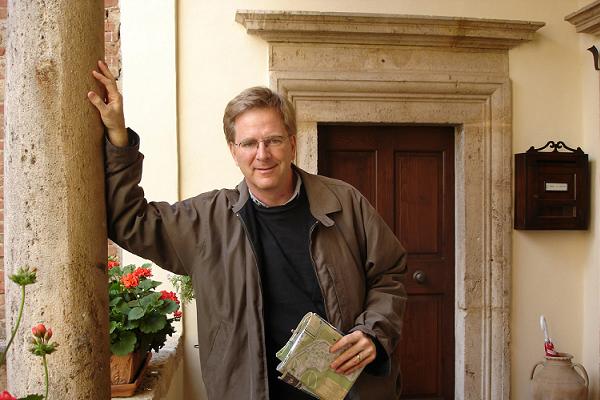
Photo courtesy of Rick Steves
I’ve never thumbed through one of his guidebooks. My introduction to Steves–who’s been in the travel business for the past 30 years–was through his latest book, Travel as a Political Act, published in April by Nation Books.
